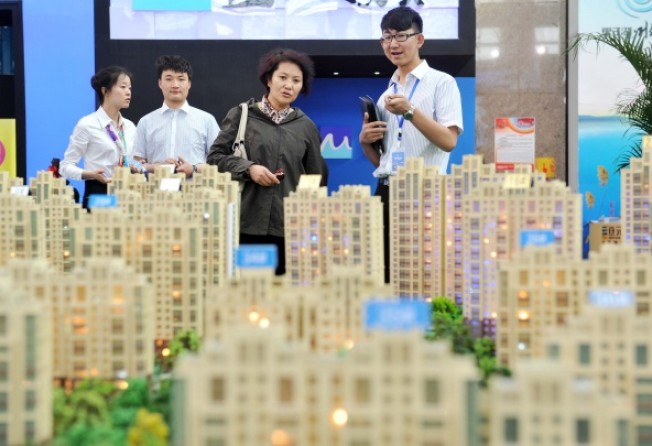More property buying tips in China

There are many good reasons to buy a new, not second-hand, home in China. Every time I talk to property investment expert Chris Dillon I glean something new. Most of it is common sense, such as if you buy from a developer, you evade to 0.5 per cent to 3 per cent estate agent commission, depending on location and your negotiating skills.
In addition, the developer should have resolved any title issues and you’ll get the full 70 year land lease from scratch. You probably have a better chance of a good quality building with decent landscaping and services and management.
Land Policy
Dillon, author of property buyer's guide Landed China, reminded me that all urban land is owned by the state in China and all rural land is owned by collectives. Individuals and companies are not allowed to own actual land in China. Land for residential land use is leased from the state for 70 years, and the first land lease was signed in Shenzhen in 1977. Since then no land leases have expired, but the central government has promised to renew residential leases - but they have not explained the process or for how long or how much it will cost.
Land for industrial use is leased for 50 years, land for commercial use, 40 years, but neither industrial nor commercial carry a lease renewal guarantee. And improvements revert back to the state so if you put up a building, it goes back to the government when the lease is over.
One way the government gets its hands on development land is by resumption of old, low density property which they clear and then lease the land to a developer, Dillon explains. That means a new lease and nice new building, so it’s popular with buyers.
When a collective converts farmland to urban use, all kinds of exotic problems arise. Typically, farmer sells land use rights to collective, which in turn sells them to developers - but individual farmers cannot sell land to developers. Farmers only receive a fraction of the proceeds of the sale, with predictable results, such as social unrest.
Usually, says Dillon, it works out, but not always. Rural land in urban areas is relatively common - 79 residential complexes in Beijing area built on rural land and these sell at a discount because they have impaired land use rights. The conversion of rural to urban land has created the unique Chinese development – the “urban village.” As cities grew they absorbed neighbouring villages, classified as rural. These would come in two parts, farmland and houses and buildings. Cities often bough the rural land and converted it to urban use, but often did not buy the buildings.
Dillon explains how these and the land underneath them became urban villages. Little oases of rural land, still owned by collectives and still governed rural regulations exist everywhere. They are especially common in southern China, with at least 300 in Shenzhen alone. Guangzhou has over 130. Residents make a good living renting rooms to migrant workers and in some villages; the ration of migrants to locals is 30 to one. “You don’t want to live near an urban village, they are fire traps, hotbeds of crime with prostitution, drug dealing and burglary,” says Dillon. They a re very common in city centres, so once again, do you homework before buying in China.